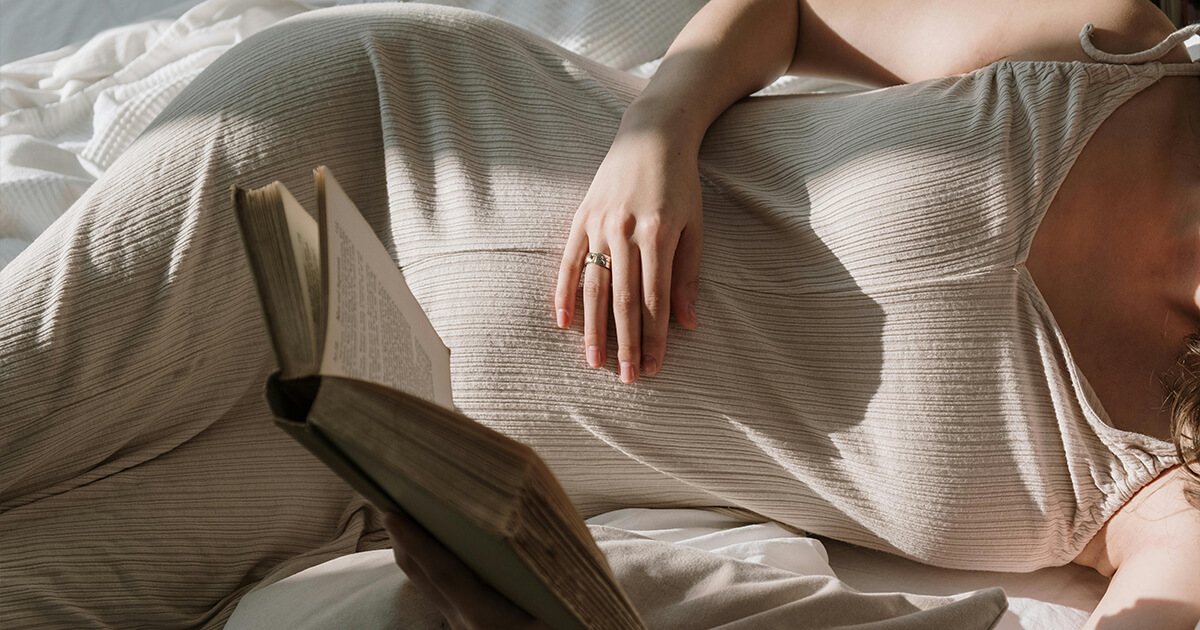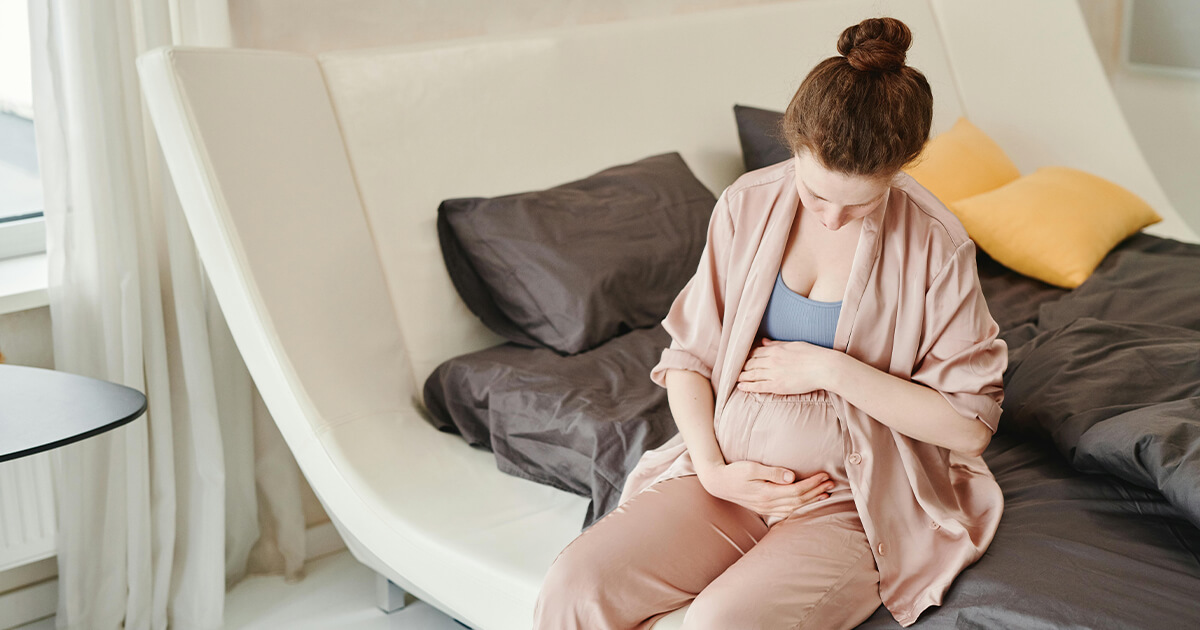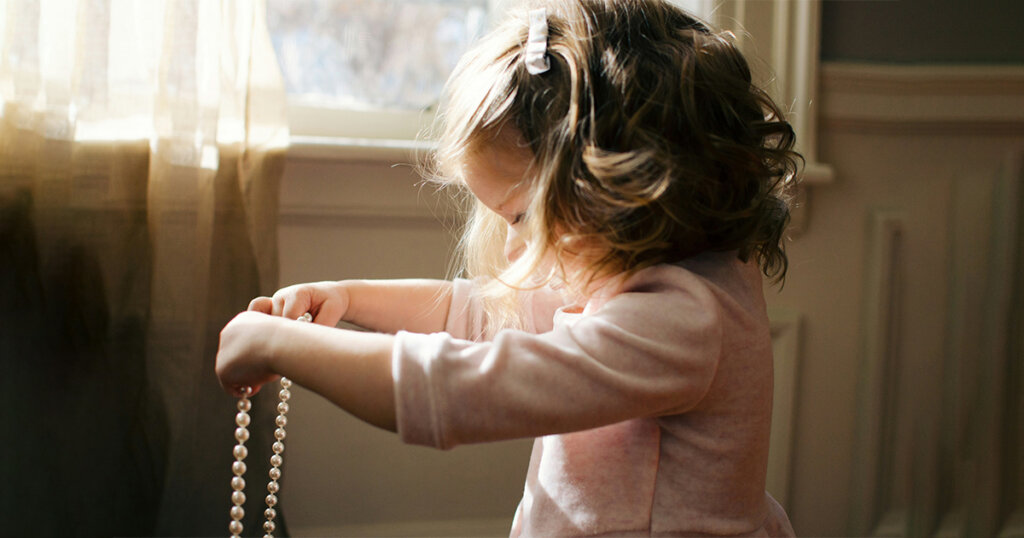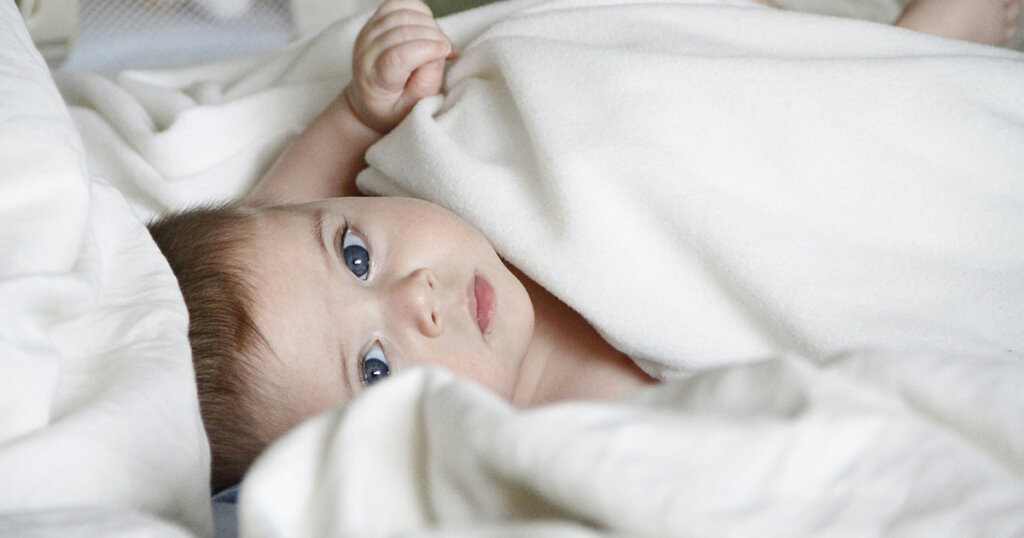Is Drinking Chai Tea Safe During Pregnancy?
Introduction
Many of our clients frequently inquire about Is Drinking Chai Tea Safe During Pregnancy? The safety of drinking chai tea during pregnancy largely depends on its ingredients and the quantity consumed.
Chai typically contains black tea, spices, and milk, which can have various effects on expectant mothers. Black tea contains caffeine, and while moderate caffeine intake is generally considered safe during pregnancy, excessive amounts can lead to complications.

Additionally, many of the spices used in chai, such as ginger and cinnamon, can provide health benefits, but it’s important to consume them in moderation.
Ultimately, pregnant women should consult with their healthcare provider to determine what is best for their health and circumstances.
But if you need a short and easy answer, then Yes, drinking chai tea is generally safe during pregnancy if consumed in moderation and within the recommended caffeine limits. For more information, you can refer to sources like the American Pregnancy Association and the Mayo Clinic.
Understanding Chai Tea
Chai tea, a staple in many cultures, especially in India, is a flavorful blend of black tea and a variety of spices such as cinnamon, cardamom, ginger, cloves, and black pepper.
Each ingredient not only adds a distinct flavor but also carries nutritional benefits. However, the caffeine content in the black tea base raises some concerns for pregnant women.
Typically, a cup of chai tea contains about 25-50 milligrams of caffeine, which is significantly less than the average cup of coffee, which contains around 95 milligrams.
Apart from caffeine, chai tea is rich in antioxidants and essential nutrients, making it a healthy choice for many. But how does it stack up for expectant mothers?
Caffeine and Pregnancy
Caffeine plays a complex role during pregnancy. While moderate caffeine intake is generally considered safe, excessive consumption can increase the risk of miscarriage and affect birth weight.
The American College of Obstetricians and Gynecologists (ACOG) recommends that pregnant women limit their caffeine intake to no more than 200 milligrams per day, which is roughly equivalent to one cup of coffee.
High caffeine intake during pregnancy has been linked to several adverse outcomes, including increased heart rate and blood pressure, which can pose risks to both mother and baby.
Therefore, managing caffeine consumption is crucial for a healthy pregnancy.
Herbal Teas and Pregnancy
Herbal teas are often seen as a safer alternative to caffeinated drinks, but they come with their own set of guidelines.
Not all herbal teas are safe during pregnancy, as some herbs can stimulate uterine contractions or affect hormone levels.
It’s essential to consult healthcare providers before consuming any herbal teas.
Chai tea’s specific herbal ingredients, like cinnamon and ginger, are generally safe in moderate amounts but should be consumed cautiously.
These spices offer health benefits such as improved digestion and reduced nausea, common issues during pregnancy. However, overconsumption can lead to complications.
Research on Chai Tea and Pregnancy
Research on chai tea’s effects during pregnancy is limited but insightful. Some studies suggest that moderate consumption of chai tea does not significantly increase the risk of miscarriage or negatively impact birth weight.
However, these findings emphasize moderation and the importance of monitoring caffeine intake.
One study found that pregnant women who consumed up to 200 milligrams of caffeine daily, including chai tea, did not show increased risks of adverse pregnancy outcomes.
Nevertheless, it’s always best to err on the side of caution and consult your healthcare provider.
Expert Opinions
Healthcare professionals offer valuable insights into chai tea consumption during pregnancy.
Many experts agree that chai tea can be safe to drink if consumed in moderation, considering its lower caffeine content compared to coffee.
They recommend limiting chai tea to one or two cups daily, ensuring it fits within the total daily caffeine limit.
Experts also suggest paying attention to how your body responds to chai tea. If you experience any discomfort or unusual symptoms, it’s best to discontinue consumption and seek medical advice.
Benefits of Drinking Chai Tea During Pregnancy
Despite the concerns, there are potential benefits of drinking chai tea during pregnancy.
The spices in chai tea, such as ginger, can help alleviate morning sickness and aid digestion.
Cinnamon promotes better blood circulation, while cardamom can help reduce bloating and improve appetite.
For those concerned about caffeine or specific herbal ingredients, consider opting for decaffeinated chai tea or preparing chai with a lighter tea base.
Another alternative is to make herbal chai with rooibos tea, which is naturally caffeine-free and packed with antioxidants.
In summary
Drinking chai tea during pregnancy can be safe if consumed in moderation and within recommended caffeine limits.
Its unique blend of spices offers several health benefits, making it a comforting and nutritious choice for expectant mothers.
However, it’s crucial to listen to your body and consult healthcare providers for personalized advice.









